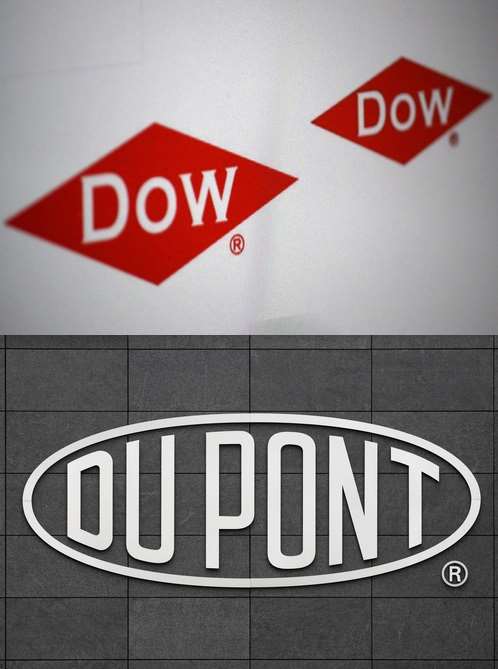Merger could be completed by late 2017
By Diego Flammini
Assistant Editor, North American Content
Farms.com
The European Commission (EC), the European Union’s (EU) top regulatory agency, conditionally approved the merger between Dow and DuPont.
The approval is contingent upon Dow and DuPont to divest itself of certain portfolios.
“DuPont will divest itself of its cereal broadleaf herbicides and chewing insecticides portfolios,” the companies said in a release. "DuPont will also divest its crop protection research and development pipeline and organization, excluding seed treatment, nematicides, and late-stage R&D programs, which DuPont will continue to develop and bring to market…”
Dow will divest itself of its acid copolymers and ionomers businesses.

The EC outlined three concerns surrounding the merger:
1. Reducing competition in a number of markets for existing pesticides,
2. Reducing innovation competition for pesticides, and
3. Reducing competition for certain petrochemical products.
Dow and DuPont offered a set of commitments to address the European Commissions’ concerns.
The agricultural companies said they would preserve price and innovation competition in pesticide markets and preserve competition for certain petrochemical products.
In its ruling, the EC said it continues to examine the proposed acquisition of Syngenta by ChemChina.